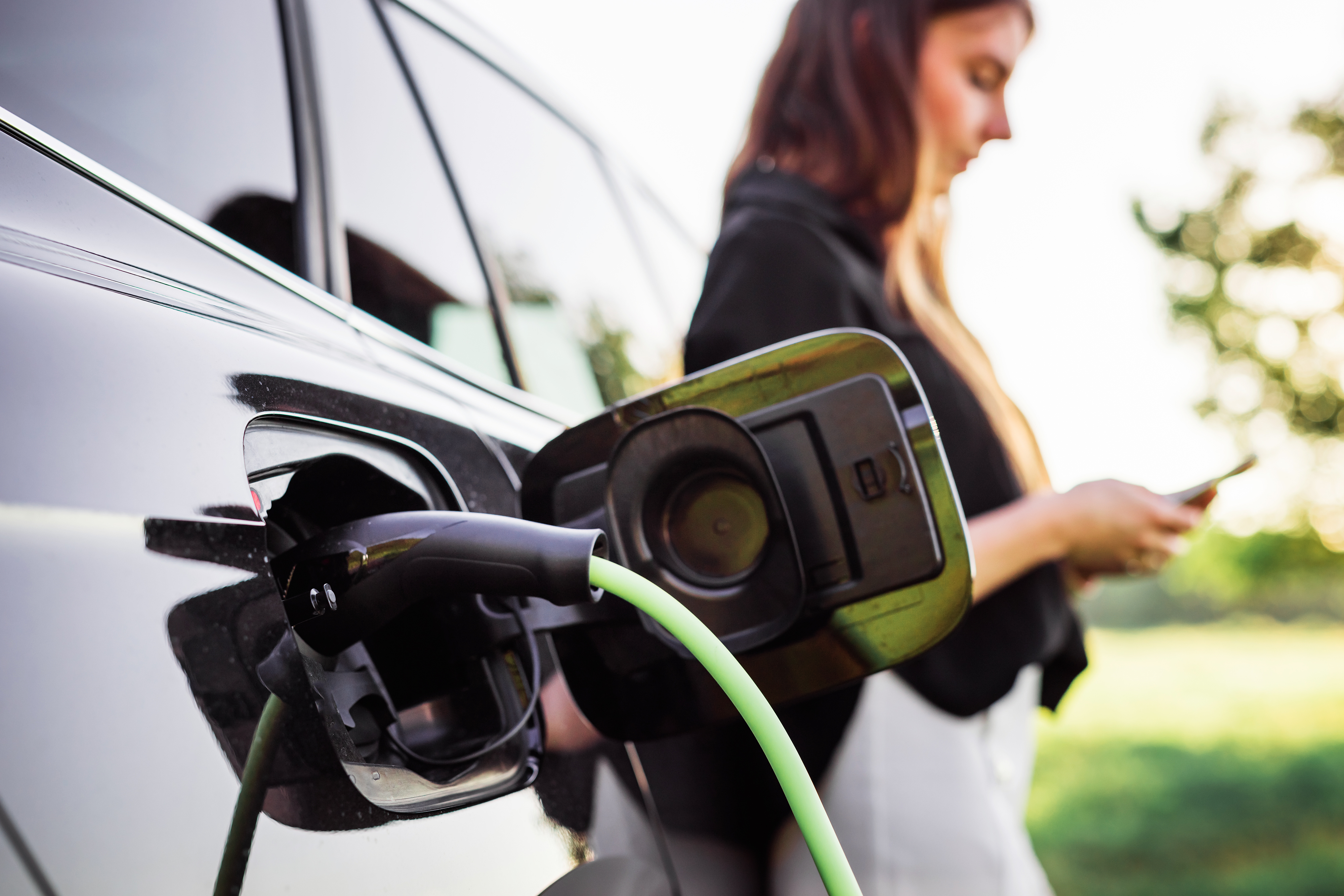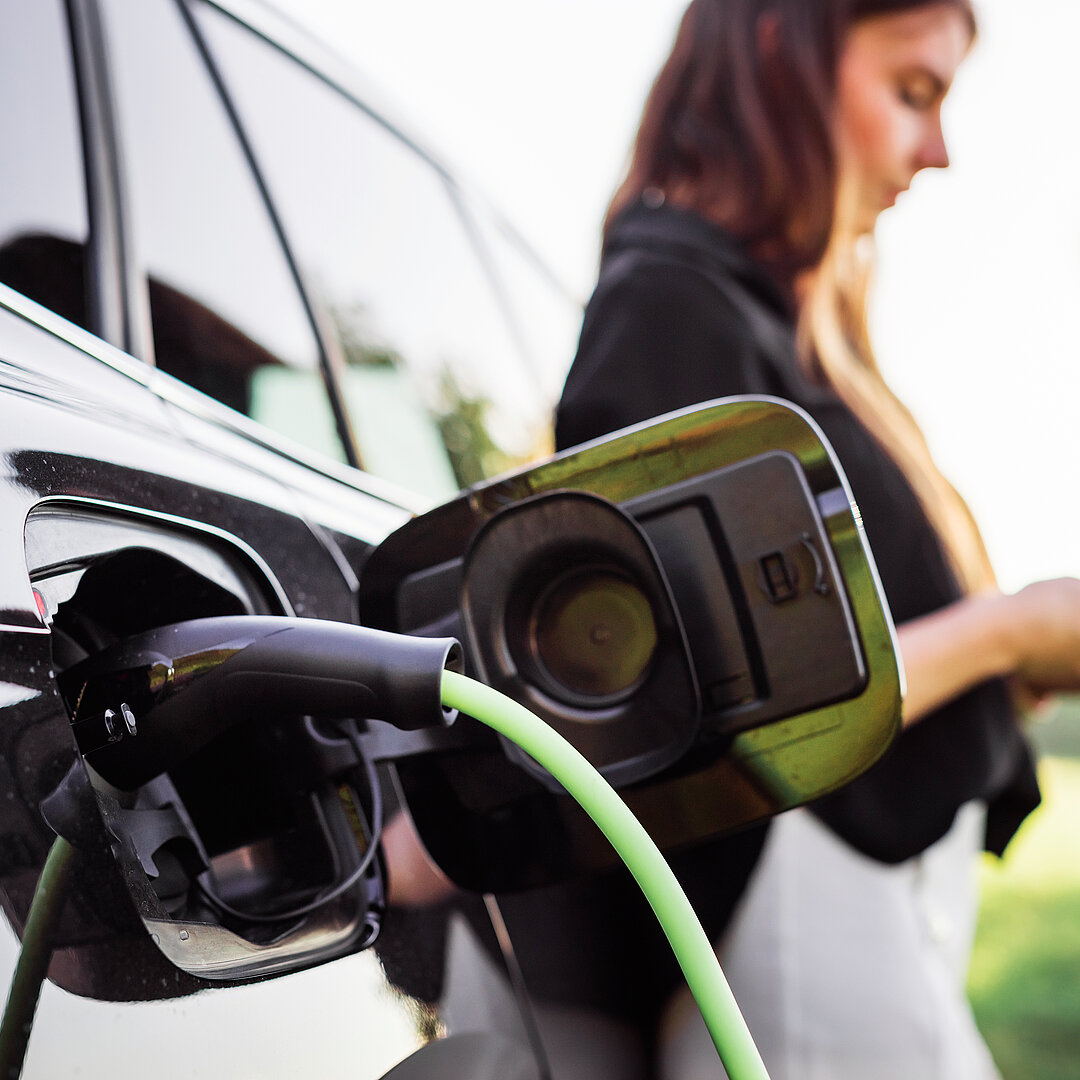This content is also available in: German
Making affordable electric cars widely available
Analysis by Agora Verkehrswende and Zukunft KlimaSozial explains options for a socially and industrially balanced subsidy programme / Recommendation for a two-stage process for income-based subsidies for electric cars

3 March 2025. To make electric mobility available to more people for private use and thus strengthen the competitiveness of the automotive industry, the think tanks Agora Verkehrswende and Zukunft KlimaSozial are proposing a two-stage process for promoting electric cars. The primary goal of the first stage of funding should be to bring electric vehicles to the mass market and introduce income-based subsidies. The second stage could provide greater support to people who are particularly affected by high CO2 prices. To implement all this, the organisations recommend a combination of subsidies for vehicle leasing, purchase loans and purchase grants, differentiated according to vehicle price and income.
Wiebke Zimmer, deputy director of Agora Verkehrswende, said that "A strong national market for electric cars supports the automotive industry and reduces CO2 emissions. The new federal government's task is therefore to develop a comprehensive package for the rapid market ramp-up of electric mobility in the passenger car sector. One component is a subsidy model for the private car market to tap into new buyer groups, especially those with medium or low incomes. This will allow industrial, social and climate policy goals to be reconciled."
According to Brigitte Knopf, director of Zukunft KlimaSozial, "The previous e-car subsidy scheme, which was based on a scattergun approach, mainly benefitted those with above-average incomes. The move to take income and need into account is a timely paradigm shift in the promotion of electric vehicles. By focusing on people with smaller budgets and those who are particularly affected by high fuel prices, the two-stage process we have presented ensures greater social justice."
Agora Verkehrswende and Zukunft KlimaSozial have examined in a discussion paper how purchase subsidies for private individuals can help to establish a strong domestic market for electric mobility in Germany. They are also responding to low sales figures for electric cars, impending penalties for car manufacturers under CO2 fleet regulations, discussions about socially oriented subsidy programmes and the expected rise in fuel prices in the coming years.
First subsidy stage for broad access, second for special needs
The first subsidy stage, which is to start in 2025 and run until the end of 2026, would see many comparatively inexpensive electric cars come onto the market, giving significantly more people access to climate-friendly vehicles. The subsidy limit for the price of new cars would have to be set at a level that reaches lower and middle income groups, while being high enough to ensure that families can also benefit. At the same time, this stage should start with income-based subsidies. Support should also cover the used car market, according to the think tanks.
From 2027, when EU-wide emissions trading in the transport sector begins, the price of CO2 and thus fuel prices are expected to rise further. In a second step, therefore, those who are dependent on their own cars due to their profession or the lack of public transport should receive even more targeted support from 2027 onwards. The new federal government should use the time until 2027 to prepare the introduction of further eligibility criteria, such as the availability of public transport and special occupational requirements.
Income-based support already feasible today
According to Agora Verkehrswende and Zukunft KlimaSozial, solutions already exist for differentiating subsidies based on income. Both income tax assessment notices and employment contracts could be used as proof. The latter would be easier to implement, but would limit subsidies to employees. To simplify social grading in the medium term, the administrative structure and data availability would have to be improved. In general, it would make sense to reduce the amount of subsidies over time in a predictable manner. As electric mobility ramps up, electric cars will become cheaper and the price difference compared to combustion engines will melt away.
According to Agora Verkehrswende and Zukunft KlimaSozial, the current policy will fall far short of the goal repeatedly reaffirmed by the previous federal government and industry of putting 15 million passenger cars on the road by 2030. To achieve this, an average of 2.4 million new fully electric passenger cars would have to be registered each year, compared with only around 380,600 in 2024. Just under a third of new vehicles were registered by private households in 2024, with the rest being commercial vehicles.
More Information
The main results of the discussion paper ‘Making affordable electric cars widely available – options for a subsidy programme for the private car market in Germany that is balanced in terms of industrial policy, climate policy and social policy’ are available in English and the paper itself in German.


